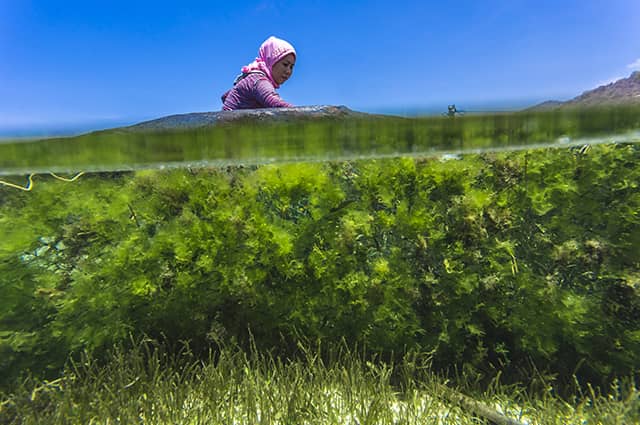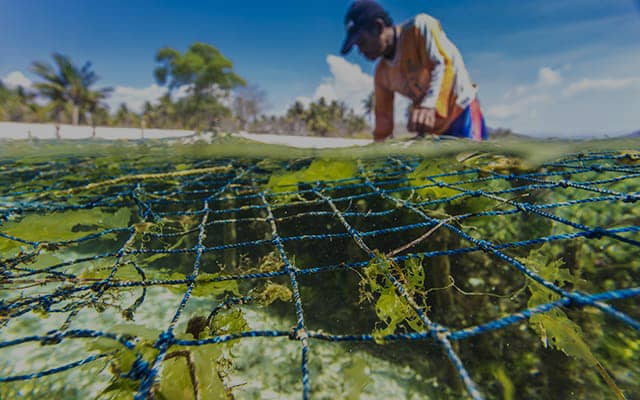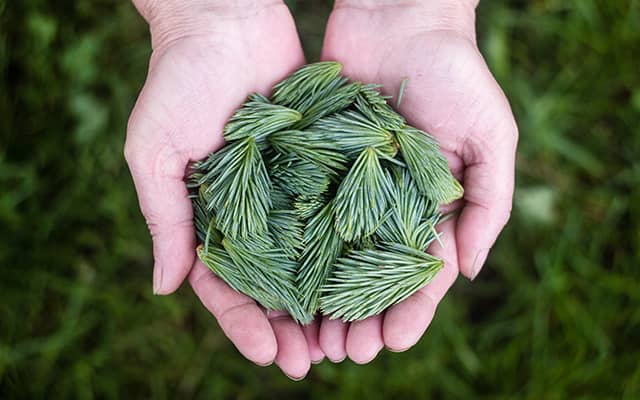OURIDEA
YAYASAN AKAR CINTA BUMI LESTARI is a non-profit organization founded on a shared philosophy: caring for nature. Our mission is to protect the planet through innovation in harmony with nature.
We are developing eco-friendly bioplastic made from seaweed - a safe and biodegradable alternative to conventional plastic. In a world shaped by consumption and convenience, the philosophy of bioplastics offers a mindful alternative—rooted in sustainability, responsibility, and innovation. Unlike traditional plastics derived from fossil fuels, bioplastics are made from renewable biological sources like corn starch, sugarcane, or algae. But beyond their physical makeup lies a deeper idea: that materials we use daily should align with the values of environmental harmony, circular design, and ethical progress.
This philosophy asks us to rethink our relationship with nature, to shift from a linear "take-make-dispose" model to one that respects ecological balance. It challenges industries, consumers, and innovators to seek materials that not only serve our needs but also protect future generations.
YAYASAN AKAR CINTA BUMI LESTARI has developed a bioplastic formula from seaweed, which does not compete with food crops, freshwater, or fertile land. Our bioplastic completely degrades in soil, freshwater, or seawater within 3 months, without leaving microplastics behind. This is a real step toward a plastic-free future.
The project is led by a team of experts from three leading Indonesian universities - Universitas Padjadjaran, Politeknik Negeri Bali, and Universitas Udayana - collaborating in scientific research, formula development, and sustainability testing from raw material sourcing to the final product.
But YAYASAN AKAR CINTA BUMI LESTARI is not just about technology—it’s about values. We attract sponsors and volunteers to support environmental and charitable initiatives such as forest restoration, ocean cleanup, biodiversity protection, and environmental education. We aim to do more than just replace plastic—we strive to inspire a lifestyle that cares for the Earth.
































